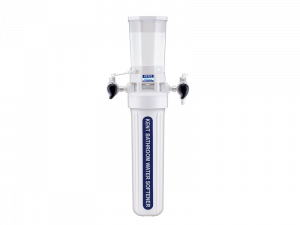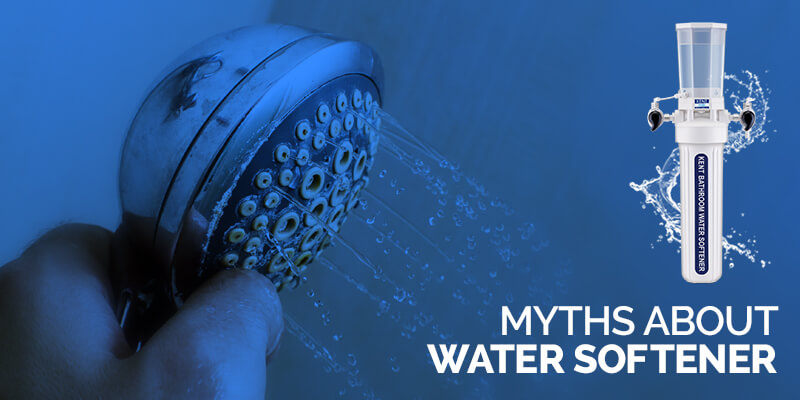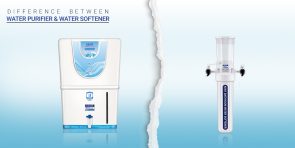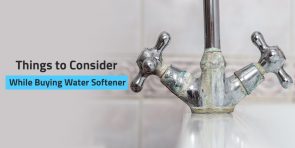Debunking some Common Myths about Water Softener
Hard water is a common problem that takes a toll on your hair, skin, and bathroom fixtures. This is the reason why homeowners look for ways to soften the water they receive. The traditional method of softening water, however, takes a lot of time and is not very effective. This is the reason why experts advise using a water softener. However, there are a lot of myths related to water softeners which is the reason why they are skeptical about using water softeners. Considering this, we list some of the common myths related to water softeners so that you can use them confidently and enjoy the benefits of soft water.
Myth 1: Water Softener Wastes Water
Fact: The water softeners that were available in the past wasted a lot of water and salt. However, over the years, a lot has changed. The water softeners available in the market don’t waste water as these are highly efficient. In fact, you end up wasting water when you use hard water to wash clothes or clean utensils. The reason is hard water doesn’t form lather and you need a lot of water to wash off the detergent from clothes.
Myth 2: Water Softener and Purifier are the same
Fact: This is a common myth related to water softeners. Water softeners and water purifiers are two very different appliances. While water purifiers remove harmful contaminants from water, water softeners serve a totally different purpose. Water softeners convert hard water into soft by replacing calcium and magnesium with sodium. Water softeners, however, don’t remove harmful contaminants from water to make it fit for drinking purposes.
Myth 3: Quantity of Sodium in Softened Water is Unhealthy
Fact: The amount of sodium a water softener adds depends on the hardness of the water. However, even if the water you receive is very hard, the quantity of salt is minimal. The small amount of salt used in softening water doesn’t have any impact on your health. As you can’t use soft water for consumption, install a bathroom water softener for laundry, cleaning, and bathing whereas a water purifier for drinking purposes.
Myth 4: Water Softener Removes Essential Minerals
Fact: Water softener exchanges calcium and magnesium with sodium to provide you with soft water. This is the reason why many people think that water loses the essential minerals on softening. The truth is calcium and magnesium present in hard water are inorganic minerals, which don’t have any health benefits. The cells in your body find it difficult to absorb the calcium and magnesium present in hard water.
Myth 5: Softened Water Leaves a Film on your Skin
Fact: Many people feel something different after using soft water for the first time. Your skin feels slick and somewhat slimy. The slimy feeling is not because of the film left by soft water. Hard water leaves soap scum on your skin that makes it rough. Soft water washes away all the leftover soap scum and the slickness is your body’s natural oils.
Last Few Words

The myths mentioned above are one of the important reasons why people avoid using a water softener. However, using a water softener has more benefits than you can imagine. So, if you are tired of your hard water problems, install a water softener without any hesitation.





